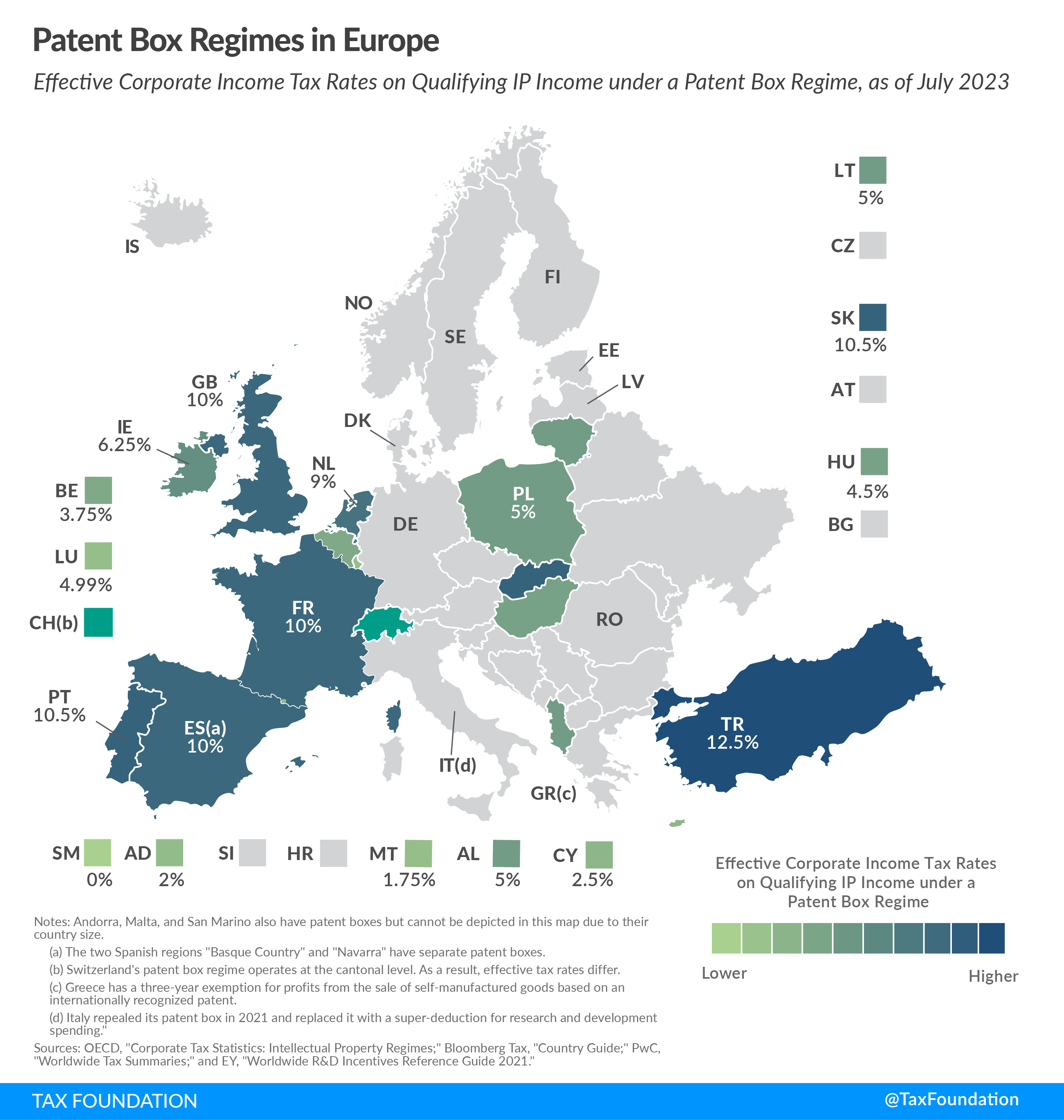The Problem with Biden’s Executive Order on Federal Research and Development in Support of Domestic Manufacturing and United States Jobs
“If the Biden administration wants to get the benefits of ‘Made in the USA’ for all its taxpayer funded research, it needs to return to the patent system in place 20 years ago.”
President Biden’s new Executive Order, “Federal Research and Development in Support of Domestic Manufacturing and United States Jobs” is well intended but fails to address a most fundamental problem. That is: the patent system is broken.
While requiring agencies to assure that new research that utilizes Federal research dollars be manufactured in the United States, there is no way to enforce that. Here is what happens every day on a practical level: . New inventions are created by universities or small businesses using federal funds. If the research is done by a university, they almost always license the technology to a small firm for further development. The small company either creates a new product with federal funds, or licenses it from a university, and then performs additional development work. The small company obtains a patent and starts to introduce it into commerce.
Here is the rub. Once the new product or service shows commercial promise, a large multinational firm can just steal the invention under our current patent system. The America Invents Act (AIA), signed in 2011, allows monied interests to invalidate the patent by utilizing the system called the Patent Trial and Appeal Board. This group of non-Senate approved administrative patent judges invalidates 84% of the patent claims it fully reviews. However, giant corporations don’t have to wait for a PTAB verdict, they just pirate the invention from the beginning, knowing that most small companies cannot afford to enforce their patents, either in a district court or in the PTAB. So, the giant multi-national corporation subsumes the innovation disclosed in the patent and gets all the benefit of the federal funding and the small company’s work, without any of the strings to manufacture in the United States. Since the giant multi-national corporation is just that, multi-national, they will take the invention to the lowest labor cost location and make it there. The real kicker of the current patent realm is that, even if the patent isn’t invalidated by the PTAB, injunctions are almost never granted by the district courts, and the worst penalty the giant corporation will need to pay is a reasonable royalty, which they would have had to pay had they obtained a license in the first place. So, if the win rate for “Giant Corp” in the PTAB is 84%, and if they lose there, it is maybe 50% in the district court, there is only an 8% chance that the Giant Corp will have to pay anything for the federal research-supported innovation. And they can take it to China, Vietnam, Africa, or anywhere else they want to build it with the U.S. government not getting American jobs for its contribution.
Thus, if the Biden administration wants to get the benefits of “Made in the USA” for all its taxpayer funded research, it needs to return to the patent system in place 20 years ago; before the AIA and many Supreme Court Decisions, like eBay, Mayo and Alice.
Listen to Small Business
A number of organizations have been screaming for relief on this issue for over a decade. This includes groups like: US Inventor, US Inventors for Justice, and the Small Business Technology Council (SBTC).SBTC is the nation’s largest association of small, technology-based companies in diverse fields. It is a council of the National Small Business Association which is the nation’s first small-business advocacy organization. NSBA is a staunchly nonpartisan organization with 65,000 members in every state and every industry in the United States. SBTC advocates on behalf of the 6000 firms who participate in the Small Business Innovation Research (SBIR) and Small Business Technology Transfer (STTR) programs. SBIR/STTR firms have created over 20% of America’s major innovations, despite receiving less than 5% percent of Federal R&D funding.
SBIR/STTR firms generate as many patents as all universities combined, and they produce 16 times more patents per employee than large patenting firms. It is also highly likely that SBIR/STTR companies as a group are the major licensee of university created technology. Small business innovation has a substantial positive impact on employment and American prosperity.
The Federal Reserve found that patents are the number one indicator of regional wealth. Being a high patenting community means the difference of $8,600 in household income. Technology-focused small businesses contribute new technology, competitive strength and high-quality job vitality to the American economy. Such businesses depend on strong and predictable patent rights to survive. Patent regulations that increase uncertainty and add unnecessary costs stifle innovation and add anti-competitive barriers to entry against such high-tech small businesses and their new technologies, while protecting the market share and power of large companies and incumbent technologies. These small innovative companies take substantial risk to power the American economy. Without the foundation of stable, accessible, and defensible patent rights, small business simply cannot obtain the return-on-investment necessary to justify those risks, secure capital, and protect its jobs.
Overall, SBTC cannot support any dilution, weakening, or confusion of patent rights by the Government invalidating small company’s patent rights, and worse, removing those rights and allowing others to use the hard-earned work of small companies. By allowing large corporations to step in and start practicing the inventions of such small inventing companies, this would frequently mean the small technology business can no longer even non-exclusively practice the invention due to the large company’s market power. This is the worst of all worlds because the Government can take away, not only the invention, but all the investment the company has made in further developing the invention. This will have a tremendous chilling effect on new technology development in America. It will further degrade and accelerate America’s fall from #1 to #11 in innovation. Further, the United States fell from its long-standing position as number 1 to number 12 in Patent Strength,behind countries such as France, Sweden, Japan, Great Britain, and Singapore, and any changes that weaken patents will make this worse.
So, the lesson here is that if President Biden wants new technology jobs for America, he should fix the patent system first.
Robert N. Schmidt
Robert N. Schmidt founded and is the chairman of Cleveland Medical Devices, Orbital Research, NeuroWave Systems, Great Lakes NeuroTechnologies Inc., and Flocel Inc. He also helped found and is on […see more]






